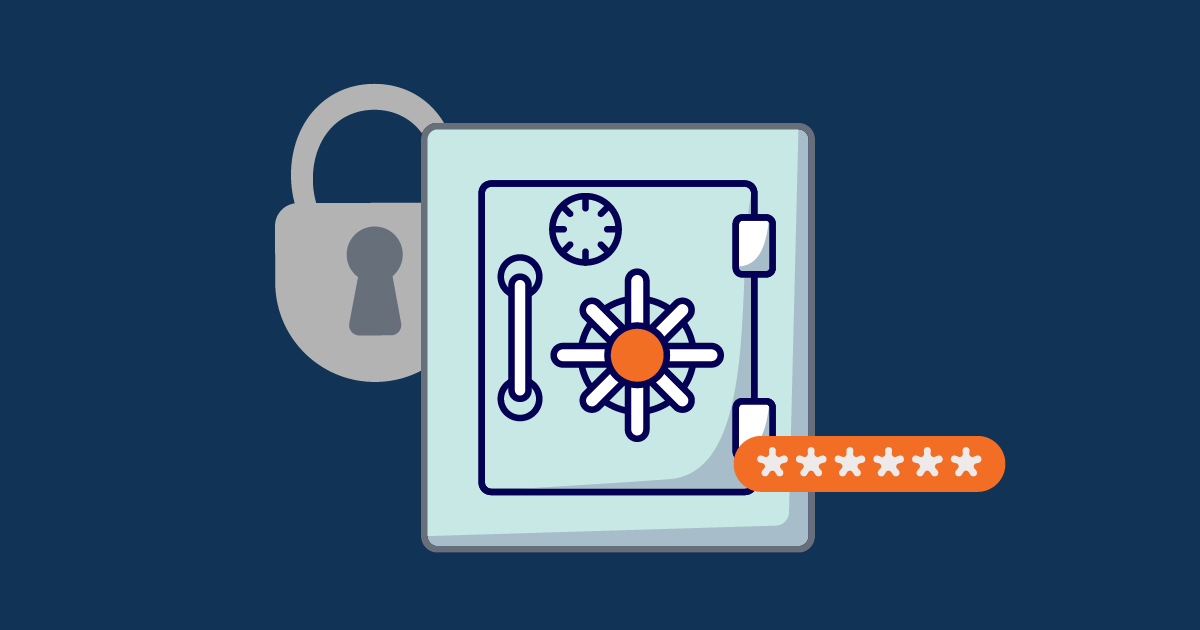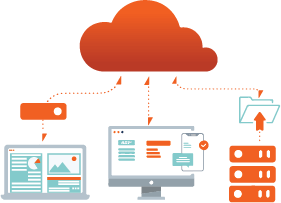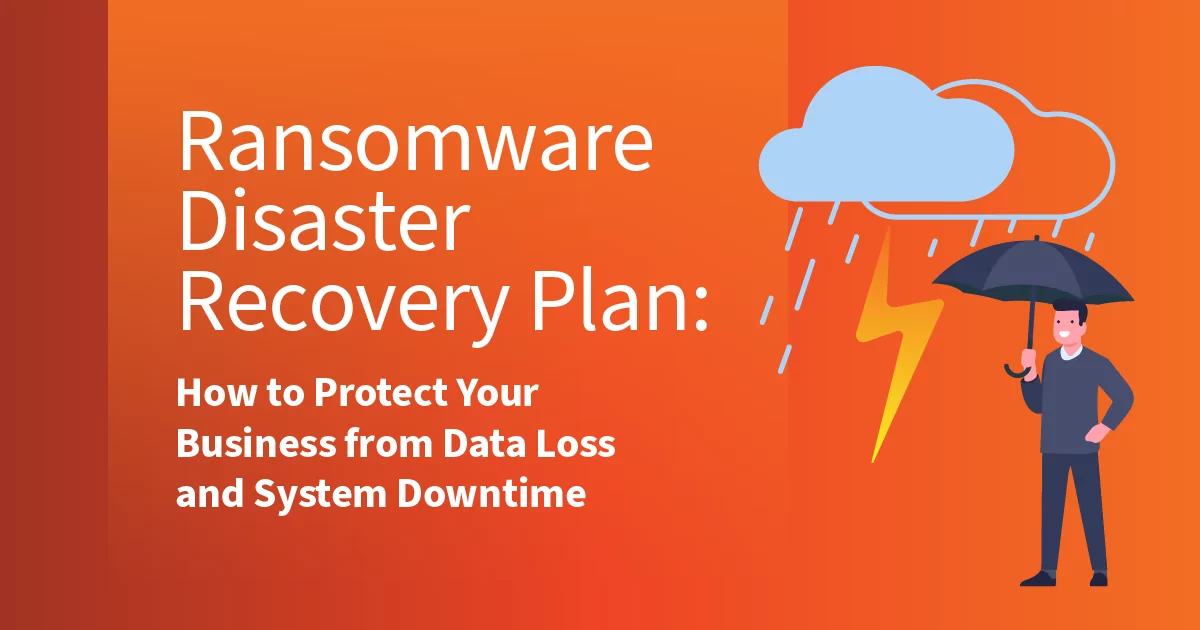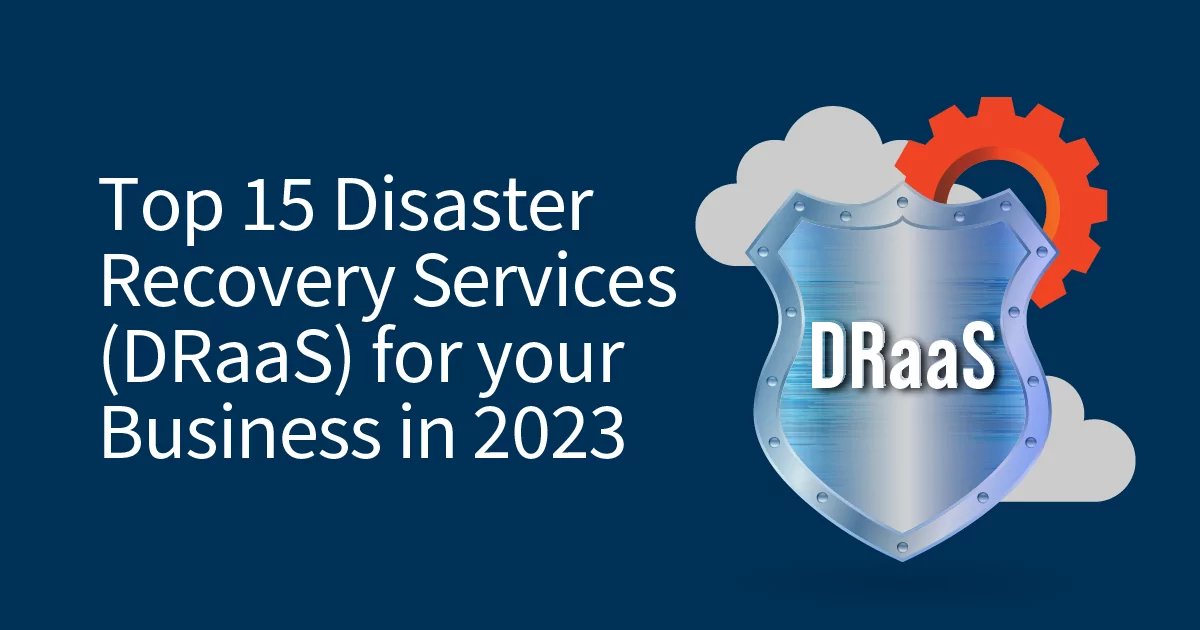
Four Business Benefits of a Backup and Disaster Recovery Solution
Straightforward Questions to Ask Your Clients to Convey the Importance of BDR and Business Continuity

Convincing clients to adopt a comprehensive backup and disaster recovery and business continuity solution is often not an easy task. The relatively high cost of BDR compared to the cost of file-level backup is certainly one factor, but another reason why clients may hesitate to implement a full-on business continuity solution is that they may not fully understand the benefits their organization can enjoy thanks to BDR.
Here are four benefits of disaster recovery and backup that you should emphasize to your clients when promoting your business continuity solution.
Table of Contents
1. Ask Your Client How Long They Can Afford to Be Down
Business continuity solutions help maintain employee productivity and a business’s ability to generate revenue. When businesses experience downtime for any reason — be it an everyday disruption, such as a power outage or server failure, or a more extreme disaster, such as an earthquake or flood — they cannot conduct business as usual. And when businesses can’t conduct business as usual, they lose money. A backup and disaster recovery solution ensures that businesses can quickly get back on their feet after a disaster, so they can keep on chugging along and avoid losing money due to extended downtime.
2. Ask Your Client If Their Reputation Would Be Damaged By Downtime
BDR solutions can help preserve a company’s reputation. Downtime can cause much more than just a financial drain on the business — the longer-term reputational costs of downtime could be disastrous. Partners and customers alike could lose trust in a business if it cannot meet basic obligations due to downtime. For example, if a CPA firm experiences downtime a day or two before the deadline to file taxes and cannot render services as promised, the firm could end up with a lawsuit on its hands from angry customers. The reputational costs of downtime may vary among different organizations, but in all cases they are significant. Deploying a BDR solution to your clients helps ensure they do not experience a loss in reputation due to long periods of downtime.
3. Ask Your Client if Their Competitors Will Be Up and Running
Business continuity solutions help prevent companies from losing business to the competition. The rise in online review sites such as Yelp and Google Places has not only provided customers with an easy way to pick a great restaurant or choose the right doctor but also has increased the pressure your clients face from their competition. And the more competitive pressure your clients deal with, the more downtime could jeopardize their business by convincing their customers to deflect to competitors. As an example, a doctor who is unable to serve her patients due to routine system downtime may see patients move to a different medical practitioner. Small businesses are particularly vulnerable to a loss in customers since the cost of acquiring new customers is astronomically high compared to the cost of merely retaining existing customers. A backup and disaster recovery solution can help your clients reduce customer churn by ensuring they are always able to serve their customers.
4. Ask Your Clients if They Must Remain Compliant
BDR helps ensure compliance with industry regulations. Though the short- and long-term effects of downtime could prove harmful for any business, the consequences stemming from downtime are particularly severe for those clients in the medical, financial, or legal verticals. More often than not, these clients are subject to important industry regulations and other legal requirements, such as HIPAA, SOX, and GLBA. All of these laws require businesses to closely safeguard and retain sensitive digital information for immediate access at all times. Backup and disaster recovery ensure organizations do not have to worry about compliance violations and legal issues related to data loss and downtime, so your clients can focus on generating revenue and making customers happy.
A Business Continuity Plan Makes Sense
Though rapid data recovery and downtime minimization are certainly two of the major advantages of a business continuity solution, MSPs who only focus on these two aspects are short-selling the benefits of their offerings. Since MSPs know their clients best — from the industries they operate into the competitive challenges they face — MSPs ought to determine the key benefits their clients would derive from backup and disaster recovery and emphasize these selling points to clients. This blog post is just the starting point; those MSPs that hone in on how backup and disaster recovery can uniquely benefit their clients are most likely to convince clients to adopt a business continuity solution.
Resource: Download the MSP Playbook: Best Practices in Disaster Recovery and Testing
You’ll gain access to our comprehensive and actionable playbook that includes:
- Key components of a resilient plan
- A structured planning and testing framework
- A curated list of current security policies, frameworks, and standards
- Common pitfalls to avoid
- Guidance for supporting remote workforces
- DR Testing tips, including free tools
More Great Stuff From Our Blog:
Check out some other interesting pieces from our blog: we examined the toll cybersecurity has on MSPs mental health and offered a comprehensive list of tools and resources to feel better. Also, we dove into how chain-based backup works and why chain-free is the way to be, we talked with Jason Phelps from Huntress Labs about planning for the next ransomware attack, our CEO David Bennett explains why the current cybersecurity landscape means traditional backup is dead, or learn how you can ditch pricey on-site appliances with Local Cache for Direct-to-Cloud BCDR.
Related posts
8 Tips for Optimizing Your Disaster Recovery Strategy
If disaster strikes, how will your organization respond?

How well could you sleep with reliable cloud-based backups and recovery?
Take a deep dive into Axcient’s proprietary, automated security features to see how we’re ensuring uninterrupted business continuity — no matter what:


